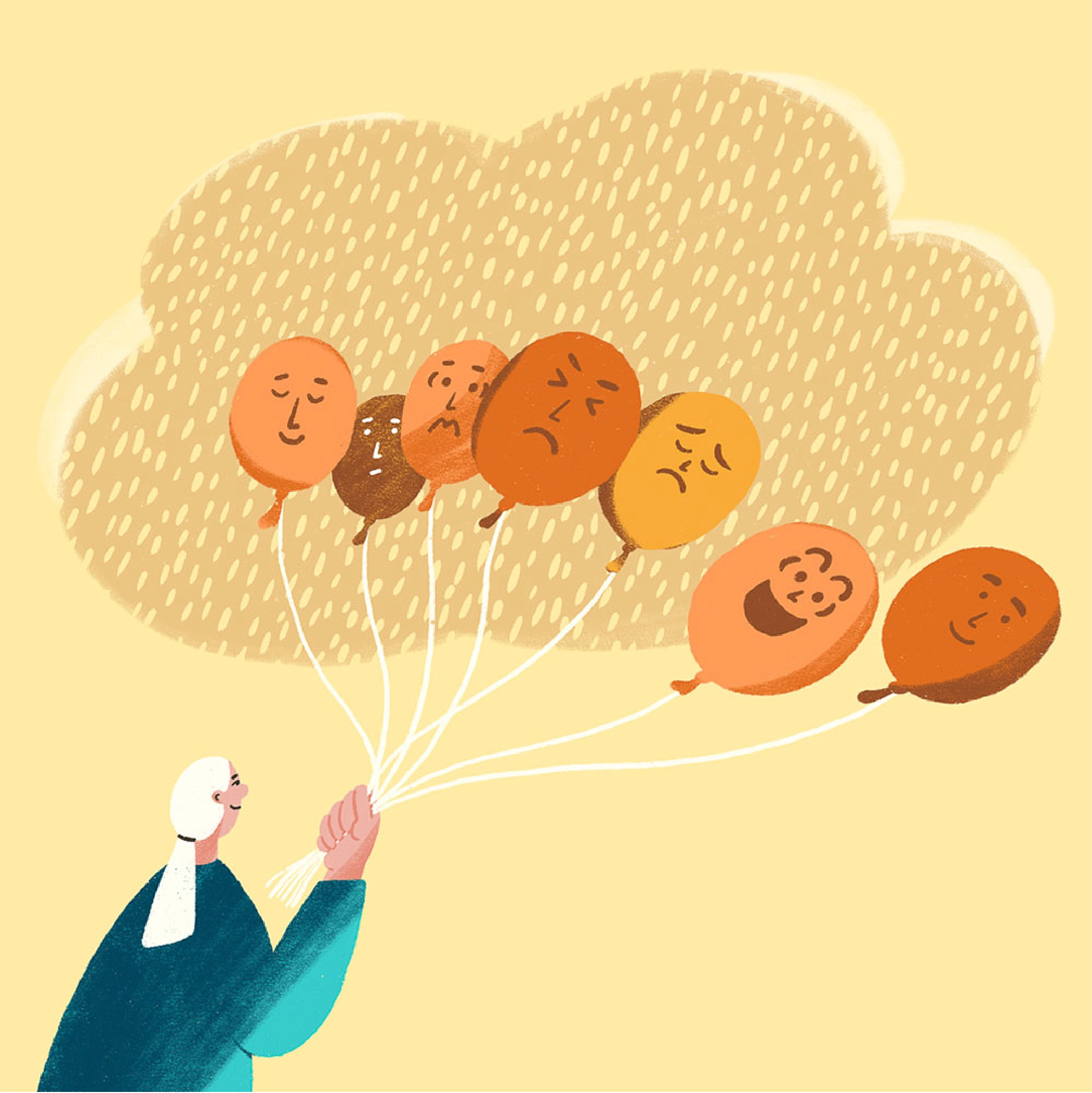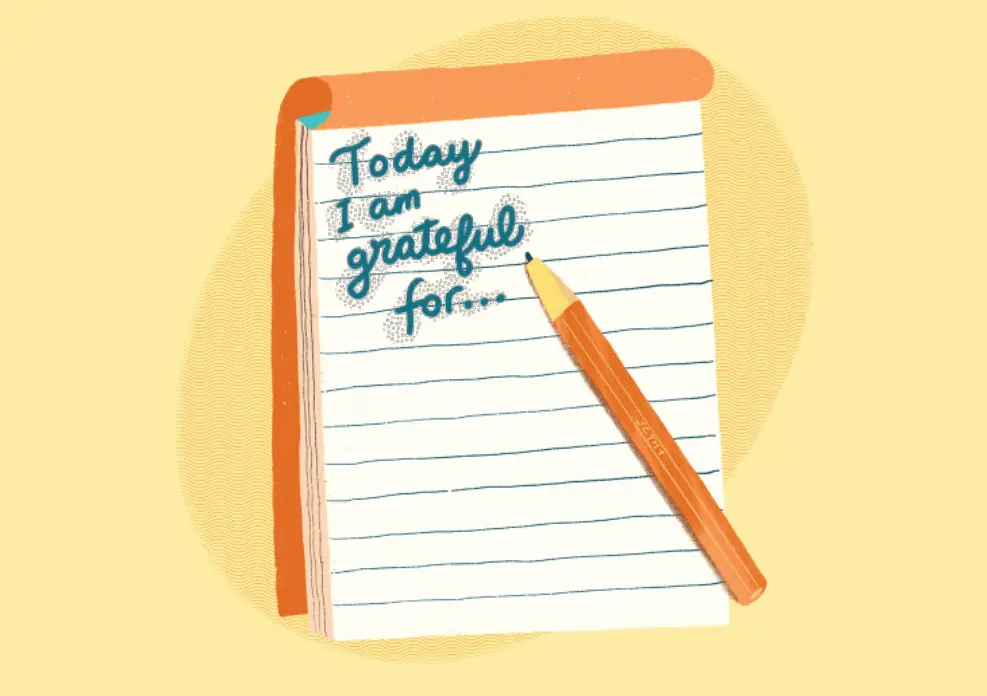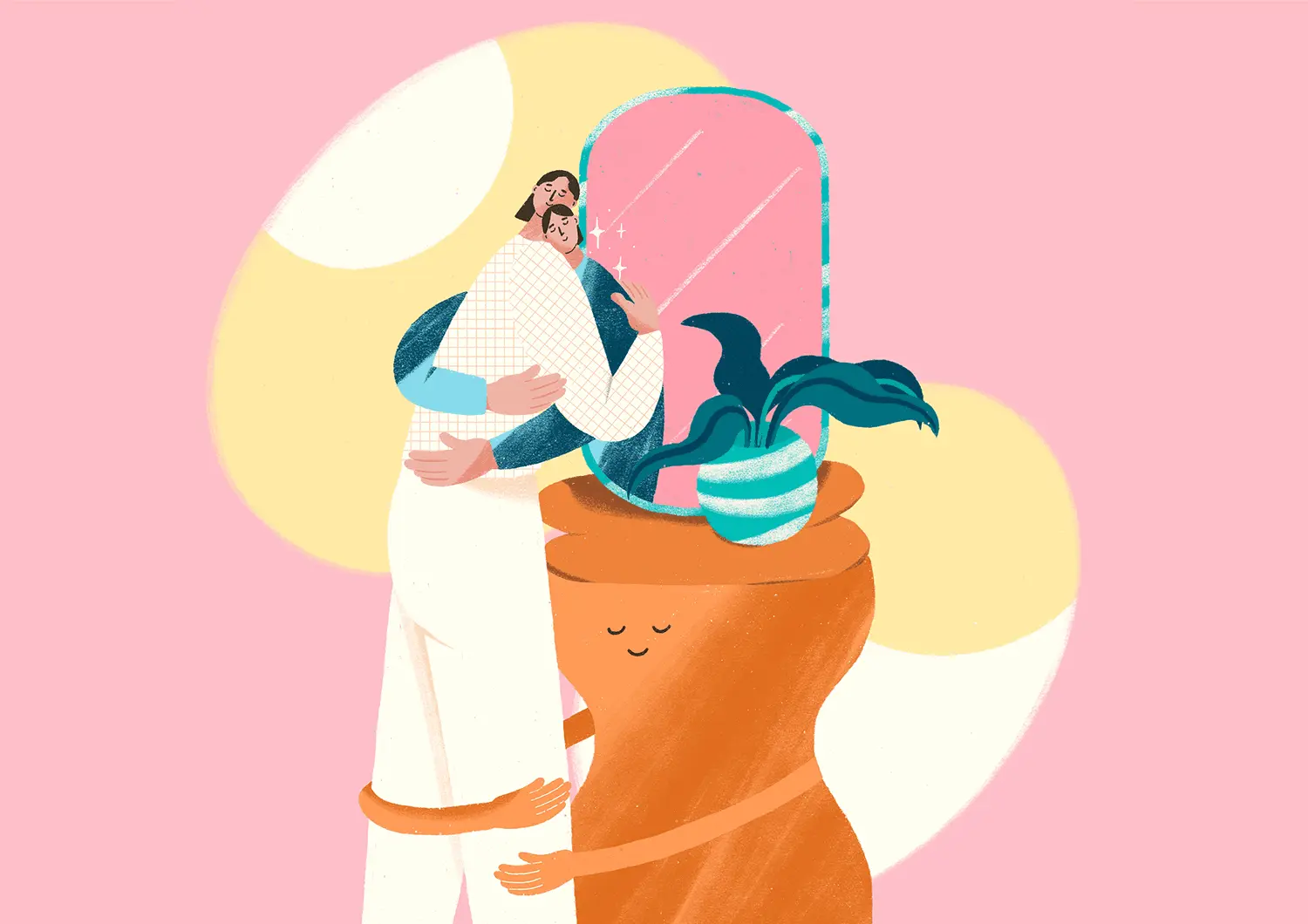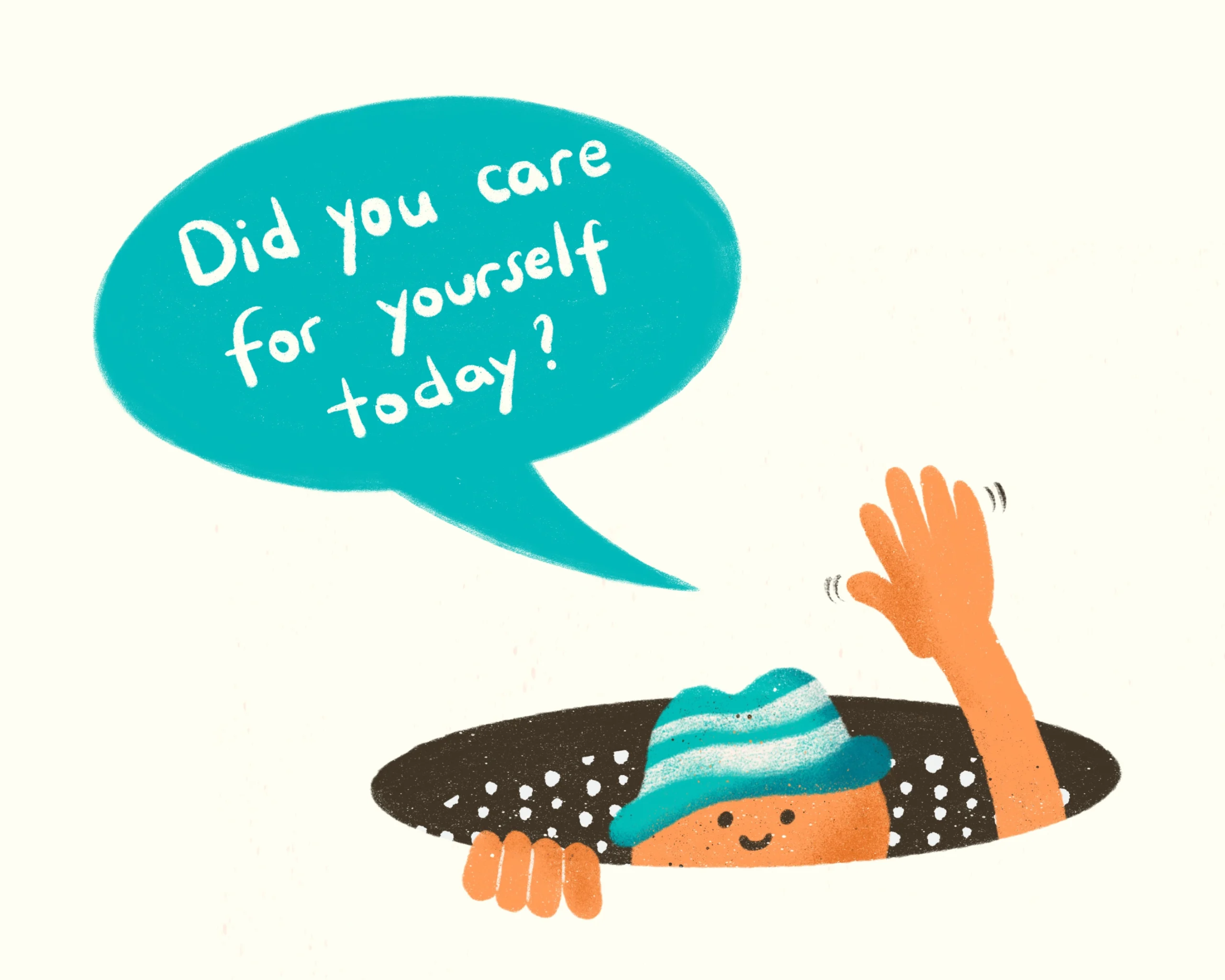From night to day, the gentle sunlight comes into view. Awakening from sleep, I realise that I am breathing, I am alive, I am well and still have the energy to explore the wonders yet to be discovered each day. It may seem as if nothing has happened, but what is ordinary is not necessarily part of everyone's daily life. When the ordinary becomes your everyday life, would you be grateful for it?
Besides, have you ever run into a friend in MTR ? If so, how did you feel at that moment? Have you thought about where you would be if you had never met each other?
I've experienced this a few times myself—just as the MTR train door opened, I looked up, and there was a familiar face right in front of me. In that instant, we both put down our phones and took the time to catch up before leaving MTR. Meeting a friend on the same train door at the same time makes me deeply grateful for the unplanned serendipity among the crowds, and reminds me that our friendship is something I shouldn’t take for granted.

Counting the Blessings
Do you also believe that the good people and good things you encounter in life are not a given? Are you grateful for the presence of these people, events, and things?
It's like you and me - Perhaps we’ve never met, but I’m truly thankful that you choose to stay here and spend time reading this article, and perhaps even find some healing in it—this is my motivation to keep writing.
I would like to invite you filling out the Gratitude Questionnaire—Six Item Form (GQ-6) You may also enter your scores on the Gratitude Questionnaire at JC TourHeart+ platform to see your level of gratitude.
1 = strongly disagree 2 = disagree
3 = slightly disagree 4 = neutral
5 = slightly agree 6 = agree 7 = strongly agree
____ 1. I have so much in life to be thankful for.
____ 2. If I had to list everything that I felt grateful for, it would be a very long list.
____ 3. When I look at the world, I don’t see much to be grateful for.
____ 4. I am grateful to a wide variety of people.
____ 5. As I get older I find myself more able to appreciate the people, events, and situations that have been part of my life history.
____ 6. Long amounts of time can go by before I feel grateful to something or someone.
After you've filled it out, add up the scores for questions 1, 2, 4, and 5. Questions 3 and 6 are reverse scored; so if you marked "7," you count it as "1"; if you marked "6," you count it as "2," and so on.
Sum up your total score—ranging from 6 to 42. The higher your score, the more grateful you tend to be.
Believing That Nothing Is Taken for Granted
Gratitude refers, on one hand, to an awareness and appreciation of life itself—for being alive, being well, and at peace. On the other hand, gratitude also means noticing the good people and good things we encounter in life, while recognizing that these positive things do not happen solely because of our own efforts, and so we feel grateful. I am not asking everyone to be grateful for unhappy events or to view every bad thing in a positive light. Rather, I suggest that when you encounter good people and good events, you try to cultivate a sensitive heart, being grateful for the relationships and things you have, and not taking anything for granted.

When it comes to recalling some good people, happy moments, I wonder if you feel this too: it seems we remember sad things more easily, but tend to forget the happy ones. Why is this?
Research shows that our brains remember painful events more easily because feelings like sadness, fear, anger stimulate the release of neurotransmitters and stress hormones such as norepinephrine and cortisol, strongly activating the neural connections between the amygdala and hippocampus, leading to the formation and storage of negative memories. The amygdala is the brain's core emotional center, especially for intense emotions like fear and anger, while the hippocampus is responsible for memory formation. These unhappy emotions are often accompanied by physical reactions—like a fast heartbeat or rapid breathing—which also strengthen our brain's memory of sad events.
Indeed, the brain finds it easier to recall negative things, which helps us learn how to cope with danger and protect ourselves in the future. But on the other hand, why do we forget happy things more easily?
Research finds that happiness mainly triggers the brain's reward system, particularly the release of dopamine activating the nucleus accumbens and prefrontal cortex. But its signal to the amygdala is relatively weaker, meaning that happy memories are often less deep and stable than negative ones.
Grateful Moments Should Be Remembered
After all, we're only human—it’s normal that sad things are more deeply imprinted and remembered. But when you do experience happy moments, do you take them for granted? Do you see ordinary days, every breath, being pain-free and healthy as necessities—or do you appreciate these seemingly ordinary, but truly not-guaranteed gifts with an attitude of gratitude?

While we may physiologically forget about joyful moments, we must strive to remember the beautiful people and experiences in our lives. We should cultivate a grateful heart and not let these precious moments slip away. When we recall these happy times, feelings of joy and happiness arise. Research indicates that gratitude enhances positive emotions and life satisfaction, fostering close relationships and increasing personal happiness. So how can we practice gratitude? In our next article, we’ll share different ways to do so—please stay tuned!
References:
Bisby, J. A., Horner, A. J., Hørlyck, L. D., & Burgess, N. (2016). Opposing effects of negative emotion on amygdalar and hippocampal memory for items and associations. Social Cognitive and Affective Neuroscience, 11(6), 981–990. https://doi.org/10.1093/scan/nsw028
Emmons, R. A., & McCullough, M. E. (2003). Counting blessings versus burdens: An experimental investigation of gratitude and subjective well-being in daily life. Journal of Personality and Social Psychology, 84(2), 377–389. https://doi.org/10.1037/0022-3514.84.2.377
McCullough, M. E., Emmons, R. A., & Tsang, J. (2002). The grateful disposition: A conceptual and empirical topography. Journal of Personality and Social Psychology, 82(1), 112-127. https://doi.org/10.1037/0022-3514.82.1.112
Tyng, C. M., Amin, H. U., Saad, M. N. M., & Malik, A. S. (2017). The Influences of Emotion on Learning and Memory. Frontiers in Psychology, 8, 1454. https://doi.org/10.3389/fpsyg.2017.01454



